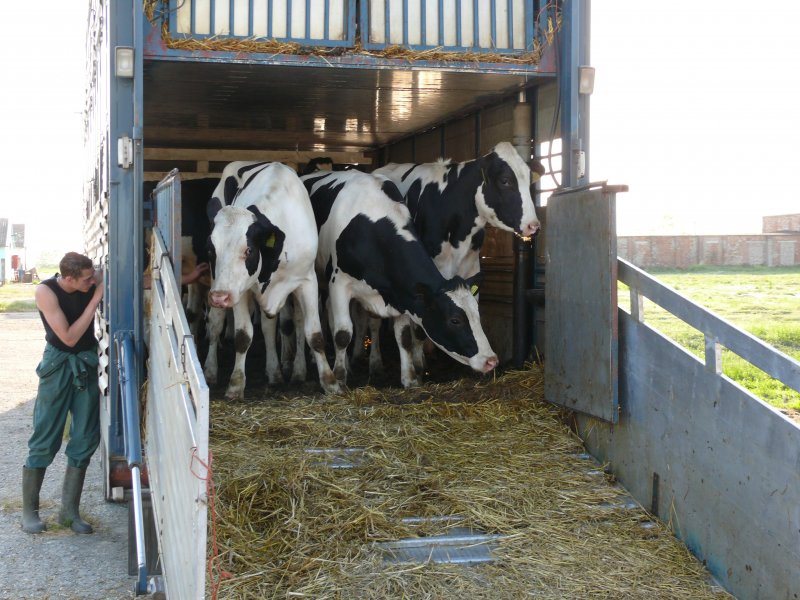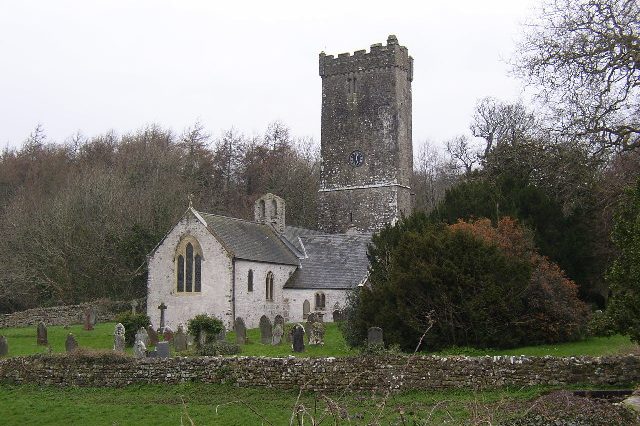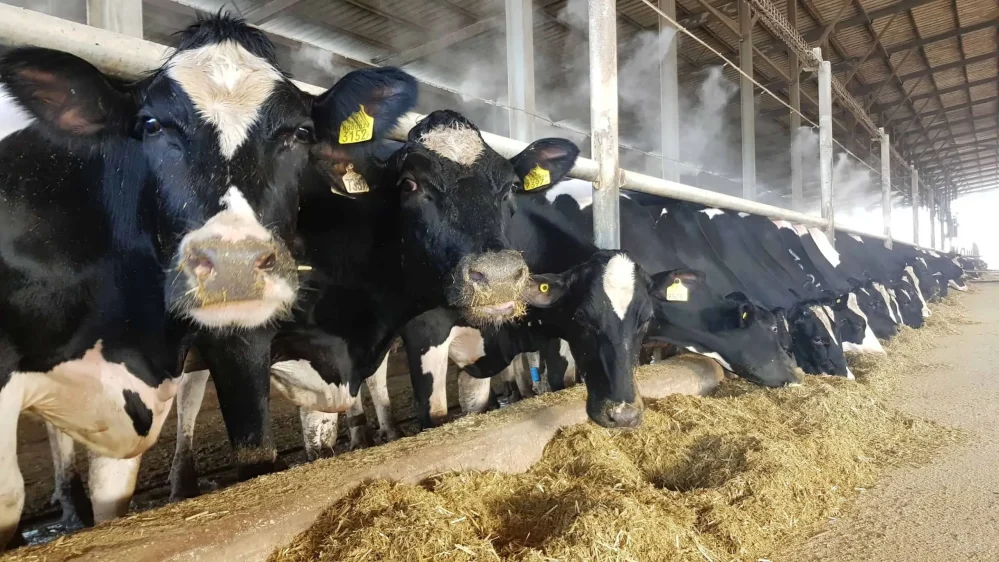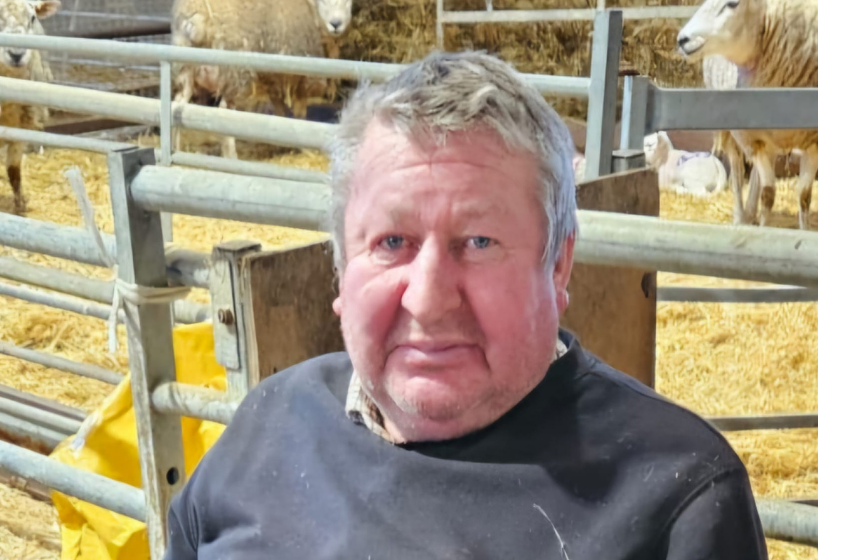Farming
NFU Cymru ‘responds robustly’ to WG

NFU CYMRU has said that many proposals within the Welsh Government and Defra’s Welfare in Transport consultation will cause significant disruption to livestock transportation in the UK.
In a robust response to the joint Welsh Government / Defra consultation, the union has stressed the significant impact the proposals would have on the livestock and poultry sectors, and raised concerns that if the proposals are implemented, they will fail to deliver any meaningful benefit to animals’ welfare.
Wyn Evans, NFU Cymru Livestock Board Chairman said: “In order to ensure the best possible welfare outcomes, the main priorities should be the animal’s fitness to travel, loading and unloading, driver training and experience, rather than the length of the journey or the external temperature at the time of transport.
“We firmly believe that the current regulations for domestic transport already deliver high welfare, as a result of the standards, cleanliness and adaptability to different weather conditions of transport boxes in the UK. But as an industry, we want to strive for even better. We believe that in order to do that there should be more focus on certified training and providing clearer, sector-specific guidance, particularly during loading and unloading rather than what is proposed in the consultation. Good welfare and healthy livestock go hand in hand; safe arrival at a destination, be that at market or abattoir, must be and is a priority.
“The transporting of livestock is an integral part of UK food production. The suggested changes to journeys based on duration and weather conditions would cause serious delays and disruption, potentially damaging welfare outcomes, while changes to vehicle requirements would add significant costs. It will also lead to many more journeys being made, increasing greenhouse gas emissions, which work against both farming’s and the government’s net-zero targets.
“Turning to the part of the consultation on live exports, we have inputted our views into a proposed NFU assurance scheme, which is detailed in an appendix in the response. This would be extremely effective in delivering welfare outcomes at the same time as maintaining this trade, as assessing the animals’ health and reporting back to producers is a fundamental part of the scheme.”
Richard Williams, Chairman of NFU Cymru’s Poultry Group said: “Looking at the month of January for example, over the last three years on average there were 10 days where temperatures were five degrees or less. If the proposals were implemented to stop transport at this temperature, no broilers could be collected off-farm in those days. If we had a prolonged cold snap; this would have a massive effect on the food chain.
“With any policy developments government makes, it is essential they are based on the latest evidence. We have an industry to be proud of, with world-leading standards, and that includes our current transportation requirements for all farmed livestock.”
Attachments area
Farming
Farm building scheme near Lawrenny given go-ahead by planners

AN APPLICATION for a storage building at a south Pembrokeshire farm, made by a family member of an officer on Pembrokeshire County Council’s planning service, has been given the go-ahead by the authority’s planning committee.
In an application recommended for approval at the July 23 meeting of the authority’s planning committee, Laura Elliot sought permission for the erection of an agricultural storage building at Tedion Farm, a dairy farm near Lawrenny.
The application had been brought to committee, rather than being delegated to planning officers, due to the family connection.
The farm, near to the Pembrokeshire coast National Park border, comprises 270 milking cows and dairy heifer replacements kept on the farm comprising land over 138 hectares. The farm is mainly down to grass and the cows are paddock grazed in order to utilise grass efficiency.
No objections had been received from local community council Martletwy.
A report for members said: “The application seeks consent for the erection of agricultural storage building. The erection of an agricultural building will be used to store stay, hay and farm machinery.
“The building would be located within the existing farm complex, to the north-east of the site, adjacent to the main farm dwelling. The building will measure 18 metres in length by 13.6 metres in width, with a pitched roof height of 5.71 metres.”
Approval was moved by Cllr Alistair Cameron, seconded by Cllr Brian Hall.
Farming
Fears dairy farm near Kilgetty could increase to 3,000 cattle

PEMBROKESHIRE planners are to visit the site of one of the county’s largest dairy farms after claims were raised a scheme for new calf buildings could lead to animal welfare issues and an increase in the size of the herd to 3,000 cattle.
At the July 23 meeting of the council’s planning committee, an application by Hugh James of Langdon Mill Farms Ltd for a calf building, weaned calf building, and associated yard areas, at Langdon Mill Farm, near Jeffreyston, Kilgetty was recommended for conditional approval.
Local community council Jeffreyston has raised concerns, made by a member of the public, on potential increased noise and odour from the scheme, planners heard.
A supporting statement, through agent Reading Agricultural Consultants, said: “The holding currently has a milking herd of approximately 2,000 cows, which are housed indoors for the majority of the year, with dry cows [cows that are not lactating, prior to calving] and heifers grazed outdoors when weather and soil conditions permit.
“There has been significant investment in buildings and infrastructure at the farm over the last decade in respect of cattle accommodation, slurry storage, milking facilities, Anaerobic Digestion (AD) plant and feed storage. The unit is efficient, achieving yields of more than 10,000 litres/cow/year, with cows being milked three times/day in the 60-point rotary parlour.”
Currently, calves are reared at Langdon Mill Farm for two months before being transported off-site to be reared at a number of third-party farms in the area before being return later; the proposed 61.2m long calf building is required to accommodate young-stock, following separation from the cows, to two-months, with the 164.8m weaned calf building to be used for calves from two months to seven months.
The application says the proposals would “clearly make the enterprise more financially robust by reducing reliance on third party farms”.
However, concerns were raised at the committee meeting by objector Ian Dennis, a former vet of some four decades’ experience, who described Langdon as occupying 3,000 acres of land with 2,000 cattle currently that “are never allowed to graze,” the proposal, he said, would add another 1,000 cattle to the site.
“This is factory farming, an intensive livestock unit, no longer a farm.”
He told planners a “mendacious and incorrect” ammonia emission report submitted by the applicants was “designed to bamboozle,” saying, despite his experience and scientific background, he needed expert support to assess.
He said only average figures were reported, rather than peaks and troughs, adding the “fictitious anaerobic digestion plant” had yet to be built, with planning permission now lapsed.
However, officers told members the applicant’s agent had said works on the digestor had actually started.
On the issue of animal welfare, Mr Dennis said he had “very huge concerns” about the scale of the development, differing from a planning officer report saying the scheme would bring animal welfare benefits.
A suggestion by committee chair Cllr Simon Hancock the application be deferred pending a site visit was unanimously backed by committee members present.
Farming
Family pay tribute to farmer, 65, who died in quadbike accident

A WEST WALES farmer has died after an incident involving a quadbike.
Dyfed-Powys Police have confirmed they attended a report of an incident involving an agricultural quadbike in a field in the Llanilar area of Aberystwyth on July 17.
The force has confirmed that a 65-year-old man died at the scene.
They said that his next of kin have been advised and are being supported by specialist officers. The HM Coroner and Health and Safety Executives have been informed.
His family have paid tribute to him. The family said: “Hugh Tudor was a 65 year old farmer who had farmed at Tynberllan, Llanilar with his wife Ann for over 40 years. He was a devoted father to Sara, Lowri and the late Gwenno.
“Hugh was the son of the late Tom and Sybil Tudor of Glanystwyth and brother to Richard.
“Farming was his life, but he also had a wide range of interests and was actively involved in all aspects of the local community in Llanilar and beyond.
“We would like to thank everybody for their support and kindness during this difficult time.”
-

 Education5 days ago
Education5 days agoMilford Tesco worker achieves Oxford dream and lands top legal job
-

 Crime4 days ago
Crime4 days agoHaverfordwest man admits having nearly 1000 child and animal images
-

 Crime4 days ago
Crime4 days agoYouth set to appear in court over serious sexual offences
-

 Crime4 days ago
Crime4 days agoPolice investigating after man injured during altercation in cemetery
-

 Education4 days ago
Education4 days agoPupils delight in ice cream treat from Pembrokeshire’s number one van
-

 Crime4 days ago
Crime4 days agoTown centre ‘stinking of skunk’ as police strip cannabis farm
-

 Crime3 days ago
Crime3 days agoFag-butt police court summonses spark debate in Pembrokeshire
-

 News6 days ago
News6 days agoProposal to give firefighters a council tax discount to go to Cabinet






























